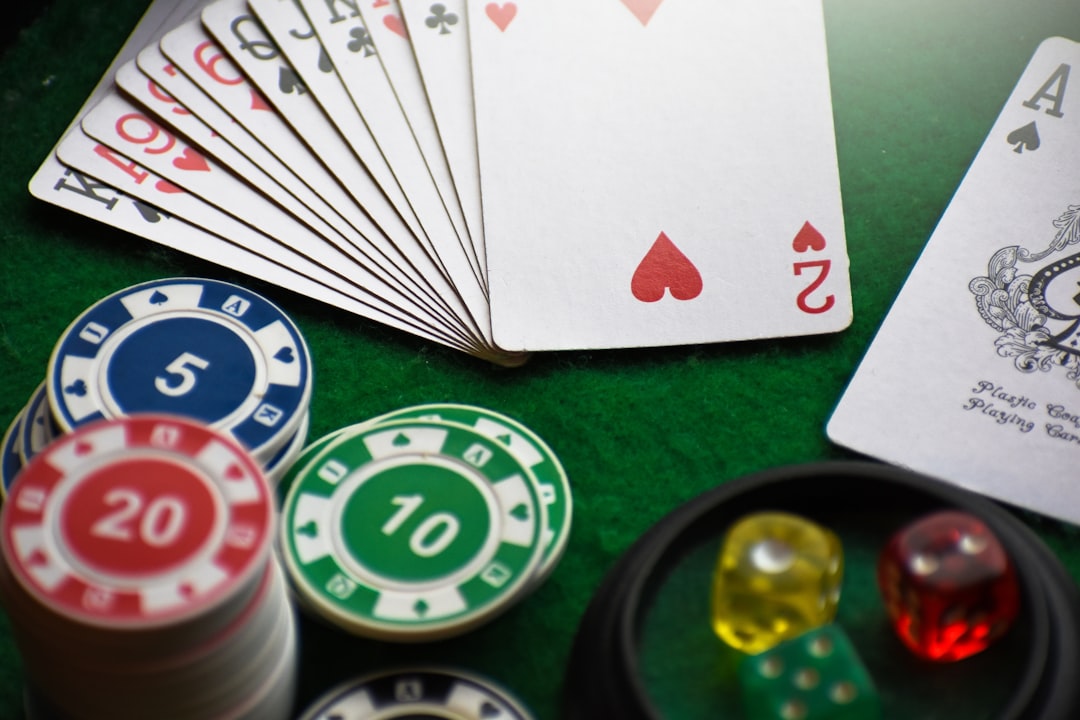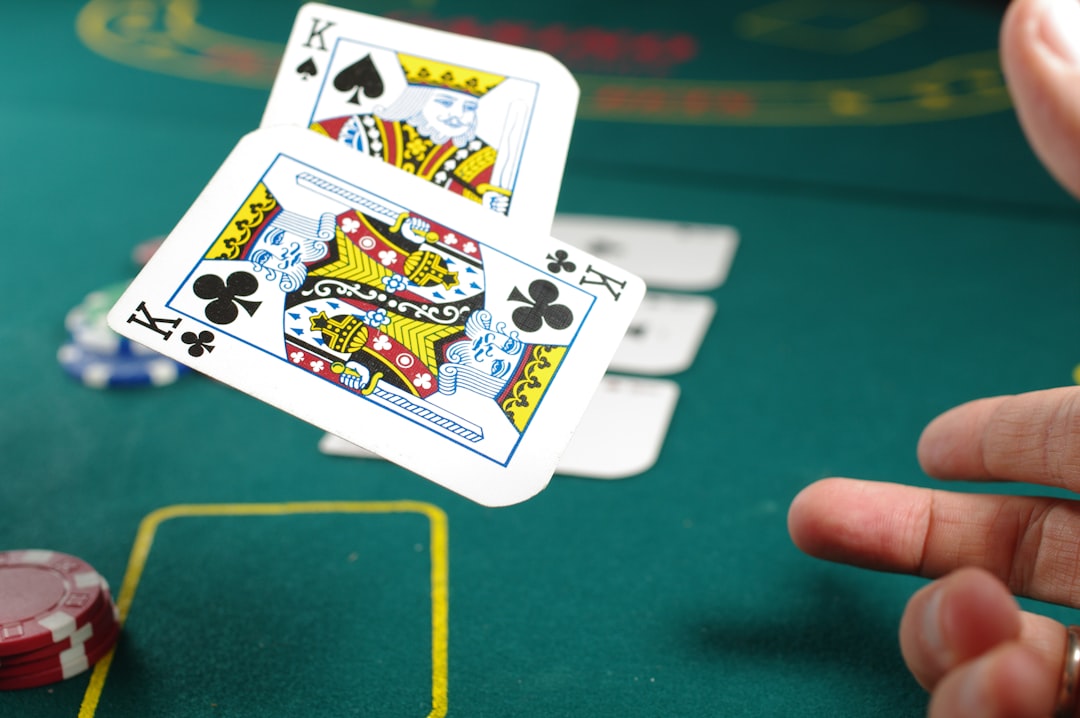For many, gambling is an exciting pastime—an occasional visit to the casino, a friendly poker night, or a little wager on their favorite sports team. However, when left unchecked, gambling can shift from harmless fun to a harmful, addictive behavior. This is why responsible gambling is a concept every player should embrace. It involves self-awareness, discipline, and most importantly, knowing when to walk away. In this article, we’ll explore how to approach gambling responsibly, ways to set solid limits, and how to recognize and manage the emotional state known as “tilt.”
Understanding Responsible Gambling
Responsible gambling is about ensuring that your gaming habits do not harm your well-being. This means playing for entertainment—not as a source of income—and maintaining control of your time and money. Whether you’re gambling online or at a physical location, it’s essential to understand that the odds favor the house in the long run.
Responsible gambling includes:
- Setting time and money limits.
- Maintaining a balance between gambling and other activities.
- Understanding the games you play and how the odds work.
- Recognizing the signs of problematic behavior.
- Knowing where to seek help if things go wrong.
Keeping these principles in mind can help you avoid falling into unhealthy patterns and enjoy a safer, more enjoyable gaming experience.
How to Set Effective Limits
Setting personal limits is one of the most proactive steps you can take toward responsible gambling. These limits should be clear, measurable, and inviolable—once a limit is reached, you stop playing, no exceptions.
Monetary Limits
Before you start gambling, determine a specific amount of money you’re comfortable losing. This should be an amount that, if lost, won’t impact your bills, lifestyle, or financial stability. It’s not just about how much you’re willing to bet, but how much you’re truly willing to lose.
- Allocate a monthly or weekly gambling budget.
- Divide this budget per session to avoid blowing it all at once.
- Never borrow money or use credit to gamble.
Time Limits
Another important factor is time. It’s easy to lose track of time while gambling, especially when you’re chasing a win or “just one more hand.”
- Decide in advance how long you’ll gamble in one sitting.
- Use alarms or timers to remind you when it’s time to stop.
- Balance gambling with other hobbies and social activities.
Smart gambling means recognizing that time and money are both finite resources. Use them wisely and stick to the limits you’ve set, even if you’re on a winning streak.

Recognizing and Dealing with Tilt
“Tilt” is a term commonly used in poker, but it applies across all forms of gambling. Essentially, it’s a state of emotional disarray that compromises your judgment and decision-making. When players are on tilt, they’re typically frustrated, angry, or distressed—emotions that lead to impulsive and irrational betting.
Causes of tilt include:
- Losing a big hand or experiencing a bad beat.
- Making a mistake and feeling the immediate consequences.
- Facing an extended losing streak.
- Feeling pressured by time, other players, or outside stressors.
When tilt takes over, players often start making aggressive bets, chasing losses, or deviating from their normal strategy—decisions that rarely end well.
How to Spot You’re on Tilt
It’s not always easy to recognize when you’re on tilt. You might rationalize your behavior or ignore the mounting signs. That’s why it’s so crucial to practice self-awareness at the table or in front of the screen.
Watch for these warning signs:
- You’re increasing your bets recklessly to recover losses.
- You feel increasingly agitated, angry, or anxious.
- You continue playing despite reaching your preset limits.
- You ignore your usual strategies or decision-making process.
If you notice these signs in yourself, stop playing immediately. Take a break, go for a walk, or talk to a friend. Removing yourself from the source of stress can help cool emotions and regain perspective.
Preventing Tilt through Preparation
The best way to deal with tilt is to prevent it from happening. Easier said than done, of course, but a few techniques go a long way:
- Create a calm environment for gambling—reduce distractions and stress.
- Ensure you’re well-rested and sober; avoid playing while tired or intoxicated.
- Remind yourself that losses are part of the game—don’t take them personally.
- Build mental resilience through mindfulness or short meditation sessions before playing.

Online Tools and Resources for Responsible Play
With the explosion of online gambling platforms, there are now more convenient ways than ever to set and enforce your own limits. Reputable online casinos and betting sites offer tools that help you stay in control:
- Deposit Limits: Set a cap on how much you can deposit daily, weekly, or monthly.
- Time Reminders: These tools remind you how long you’ve been playing and suggest breaks.
- Loss Limits: Automatically stop you from playing once you’ve lost a predetermined amount.
- Self-Exclusion: Temporarily or permanently removes your access to the platform if you need a break.
Don’t shy away from employing these features. They’re there to assist you and maintain a healthy relationship with gambling. Think of them as your digital accountability partners.
Seeking Help When It’s Needed
Sometimes, despite our best efforts, gambling starts to take a toll. It might happen quietly, almost imperceptibly, but when gambling affects your finances, relationships, or mental health, it’s time to seek help.
Warning signs include:
- Spending more money or time on gambling than intended.
- Borrowing money or selling possessions to gamble.
- Hiding your gambling from friends or family.
- Feeling anxious, depressed, or suicidal due to gambling losses.
There are many resources available, both online and offline. Organizations like Gamblers Anonymous, Gambling Therapy, and national helplines offer confidential, professional support. There’s no shame in seeking help—millions of people have faced similar challenges and come through stronger.
Final Thoughts
Gambling can be a lively, thrilling experience—if done responsibly. By setting clear financial and time boundaries, recognizing emotional triggers like tilt, and leveraging support tools and systems, you can make gambling a part of your life without letting it take over.
It’s not just about avoiding losses—it’s about prioritizing your mental health, relationships, and overall well-being. The more control you maintain, the more enjoyable and sustainable your gambling experience will be. Remember: in the world of responsible gambling, the smartest move is knowing when to stop.
